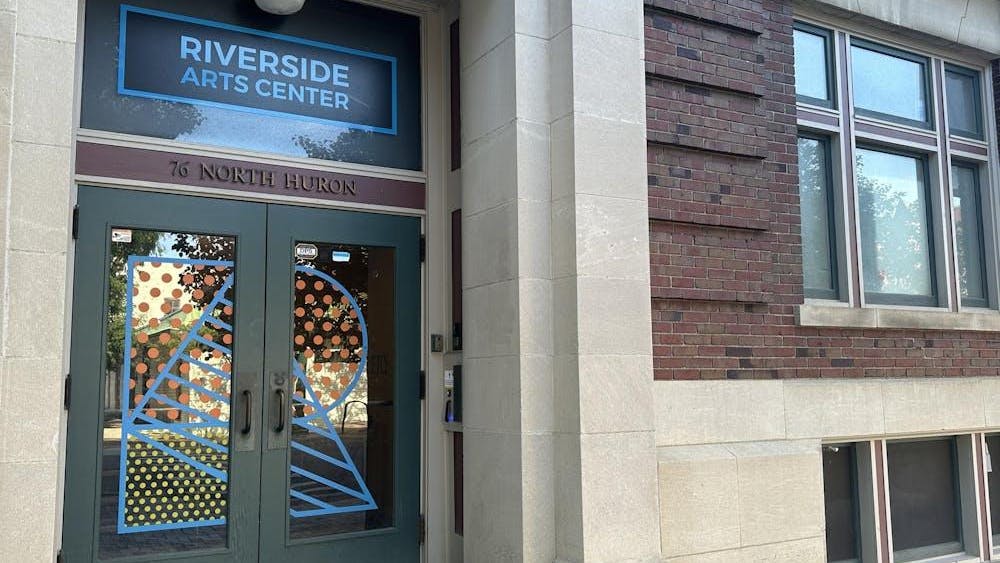Underage drinking might be one of the worst kept secrets of higher learning. Unfortunately, alcohol abuse in students can be a contributing factor to receiving lower grades and exam scores, and eventually drop-out rates.
According to Eric Ward, staff member at Eastern Michigan University’s Wellness Center, “Some may drop out due to addiction, because addiction can dominate your life.”
Ward along with his fellow health advocates at the Wellness Center are doing something to change that by implementing the “Students in Recovery Program”.
At 4:00 p.m. on Friday, Feb. 10 there will be a reception held for the “Students in Recovery Program” in the Kiva room, 360 in the Student Center.
The reception is “a chance for anyone who’s interested in finding out about the program to meet people in the group and staff and learn more information about the program,” Ward said.
Topics such as the twelve recovery steps, recovery housing and community and staff involvement will be covered to shape the agenda of the potential campus model. The reception is an opportunity for students to get a taste of the recovery program.
“The program already has a twelve-step meeting being held every Friday night from 7:45 to 8:45 in room 360 of the Student Center. We never cancel meetings even when the school is closed. We just go somewhere else to have it,” said Ray Lewis, Student in Recovery Intern.
The consistent meetings are beneficial to participants because they offer “emotional support and peer support. When students are using alcohol or drugs, many get depressed, one of the biggest problems on a university campus. Also, students look out for each other. If one falls off the wagon, a friend can straighten that student out instead of going through the school,” Lewis said.
The Students in Recovery Program is a group that holds weekly meetings for students who are fighting addiction to drugs and alcohol.
This group of students, led by staff and those with experience in the recovery process, discusses the issues of alcoholism and provides support for their peers.
There may be stigma behind attending a recovery program, but “doing nothing or not talking about it doesn’t aid the student. The setting for the Friday night session is meant to be informal, non-judgmental and honest. We want to show that other people are in the exact same boat as they are,” Ward said.
According to Lewis, “Sometimes students are reluctant to come out. But once they find out that it’s a comfortable environment, they’re happy to be there.”
The Wellness Center provides mental health services to all EMU students, offering psychological support that makes for a healthy academic environment. They perform assessments to determine if your alcohol intake might be linked to addiction or just casual use. They will also be hosting national alcohol screening in the spring.
The Wellness Center is a resource meant to promote the well-being of students as a whole and is conveniently located in the center of campus. For more information, contact The Wellness Center at 734-487-2226. TWC is located at 313 Snow Health Center with hours from 8 a.m. to 12 p.m. and 1p.m. to 5 p.m. Monday through Friday.
With student and staff involvement, a recovery program could have a major impact on our student body.
According to Lewis, who sourced the statistic from the U.S Department of Education Alcohol, Drug Abuse and Violence Prevention website, “Based on a 20,000 student university, about 31 percent have substance abuse disorder, 6 percent are dependent on substances, and only 2 percent of the students go for help.
“A program like this saves lives. It will be really beneficial for Eastern considering that other universities that have the program now have a higher retention rate, higher G.P.A. and therefore a higher graduation rate.”
Students will be able to take part in a recovery program without trekking all the way to Ann Arbor. Plus, “It identifies that we have students in recovery, validating being a student in recovery through staff support,” Ward said.









